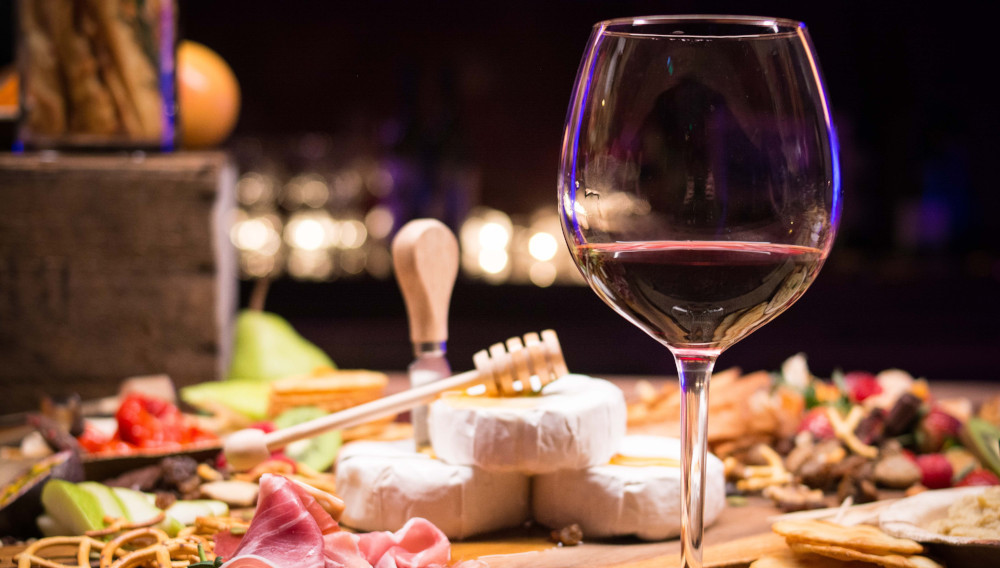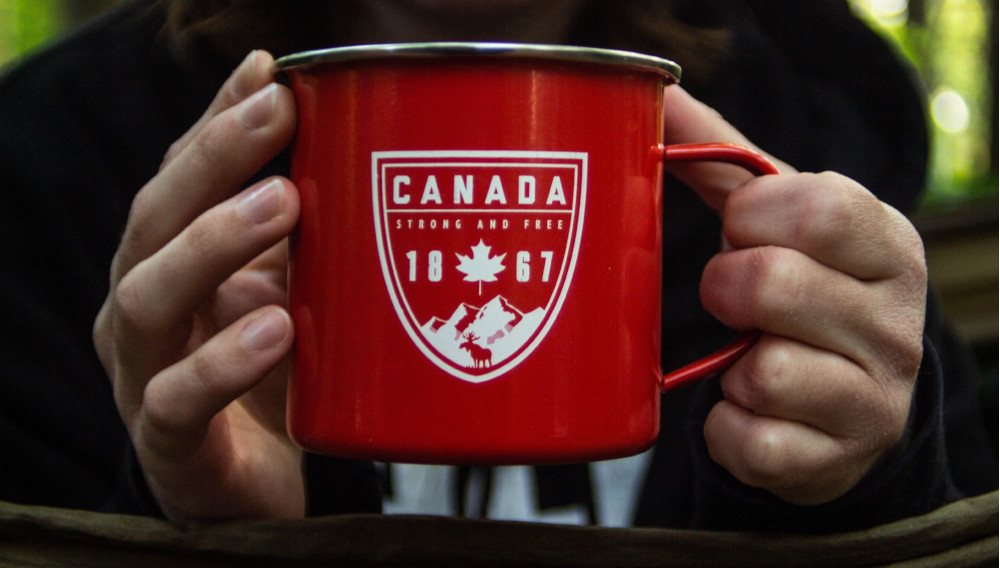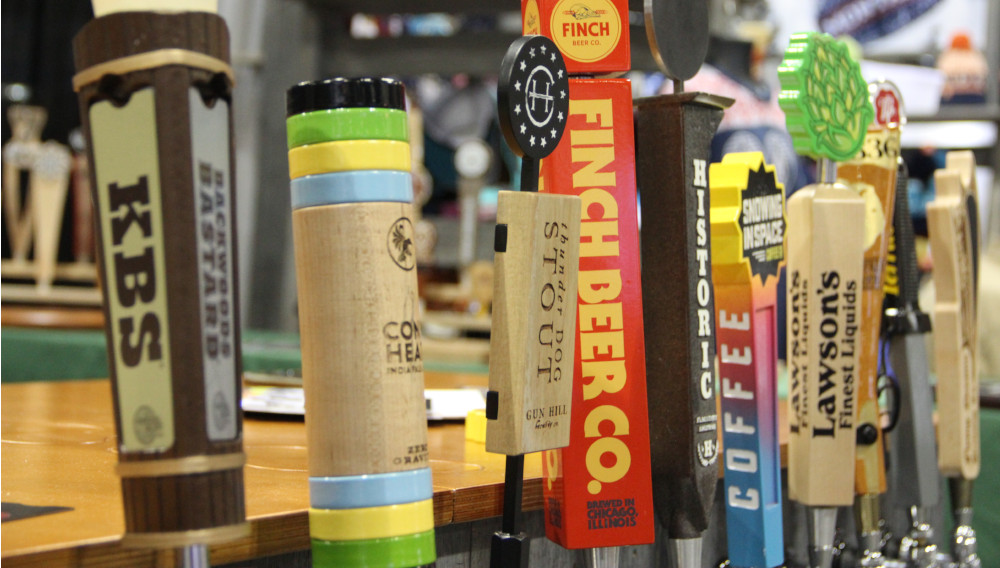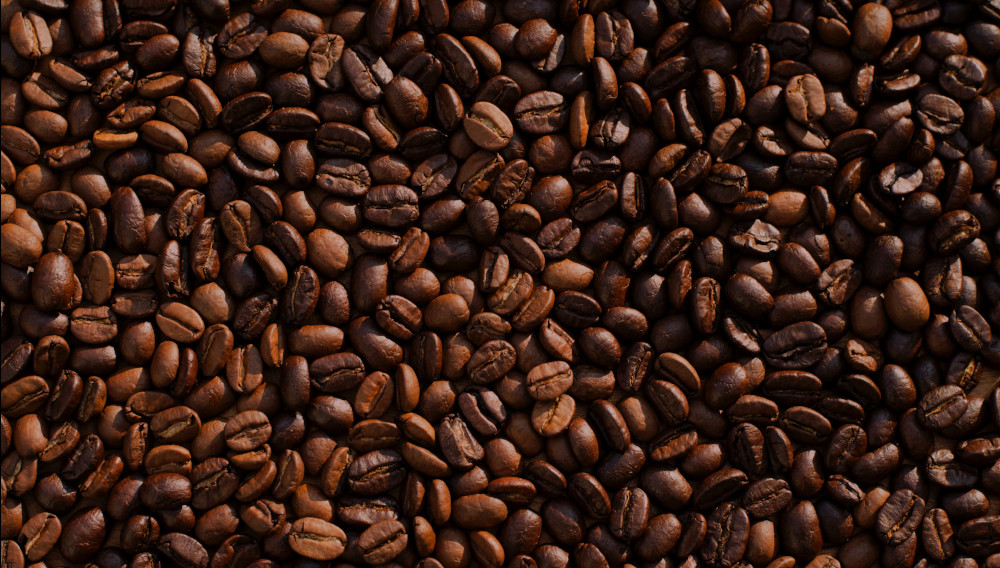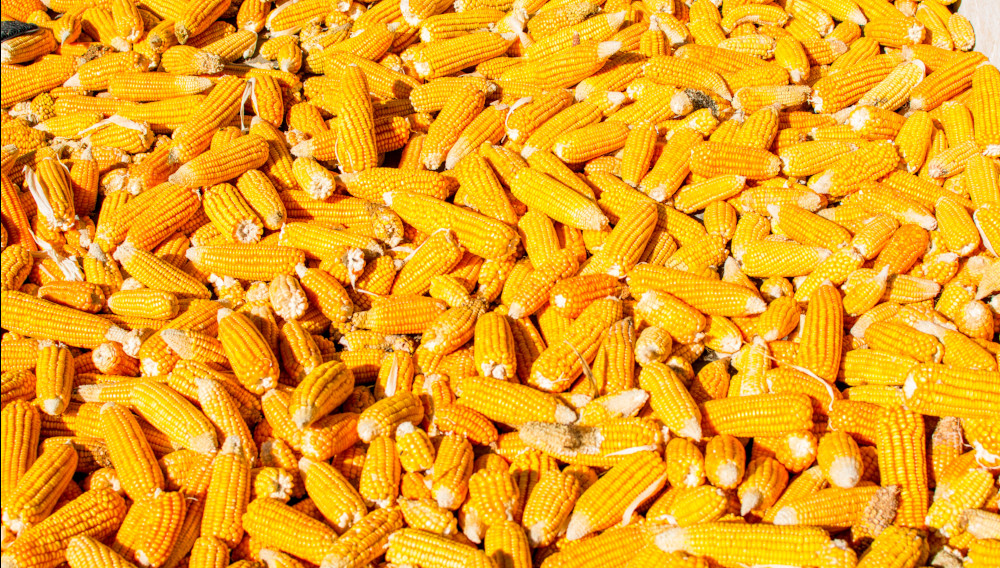USA | The Supreme Court will hear arguments in November in a major environment case concerning the Clean Water Act. Sixty craft breweries have clubbed together over the summer and told the justices in a brief that weakening the federal regulation would damage their businesses.
USA | On 18 October 2018 the US slapped hundreds of European products with new tariffs, including whiskies, wines, and cheese. The levies will be unevenly felt by food and drinks producers across the region. Europe’s brewers are lucky: for now, their beers are exempted from the new tariffs.
Canada | Ten months into the partnership between Canadian cannabis company Tilray and the world’s largest brewer AB-InBev, they are ready to launch CBD-infused drinks in December. Beverages containing the psychoactive cannabis compound THC will be made available at a later stage, as they require more time to research.
USA | The Brewers Association (BA) estimates that small and independent craft brewers contributed USD 79.1 billion to the U.S. economy in 2018, which is roughly 0.4 percent of gross domestic product.
USA | Forget Irish coffee: MillerCoors is testing a ready-to-drink alcoholic coffee in a few markets in partnership with La Colombe Coffee Roasters. La Colombe Hard Cold Brew Coffee, which contains 4.2 percent ABV, is already trialled in Boston, Denver, and parts of Florida.
USA | A federal judge has issued an injunction against AB-InBev in early September 2019 in order to stop it from claiming that its beers are free from corn syrup. He also barred the brewer from using any language related to this matter on its packaging.
USA | AB-InBev will have to defend itself against claims by Patagonia that it misappropriated the outdoor company’s brand, a federal judge has ruled.
USA | AB-InBev let a deadline to buy all of Portland-based Craft Brew Alliance pass on 23 August 2019. Under a 2016 agreement, it had until the following day to purchase the rest of CBA’s shares, it did not own, for a pre-determined price of USD 24.50 per share. The decision sent shares of CBA down.
USA | A new report from California State University, San Marcos, shows that San Diego County’s craft beer industry continued to grow to 155 independent craft breweries in 2018, providing the region of 3 million inhabitants with a total of 202 brewery locations.
USA | It pays to be smart. Designed and conducted by craft brewing expert Ray Daniels and The Siebel Institute faculty, the three-day course covers the essential topics everyone needs to understand before embarking on a brewery business venture.



